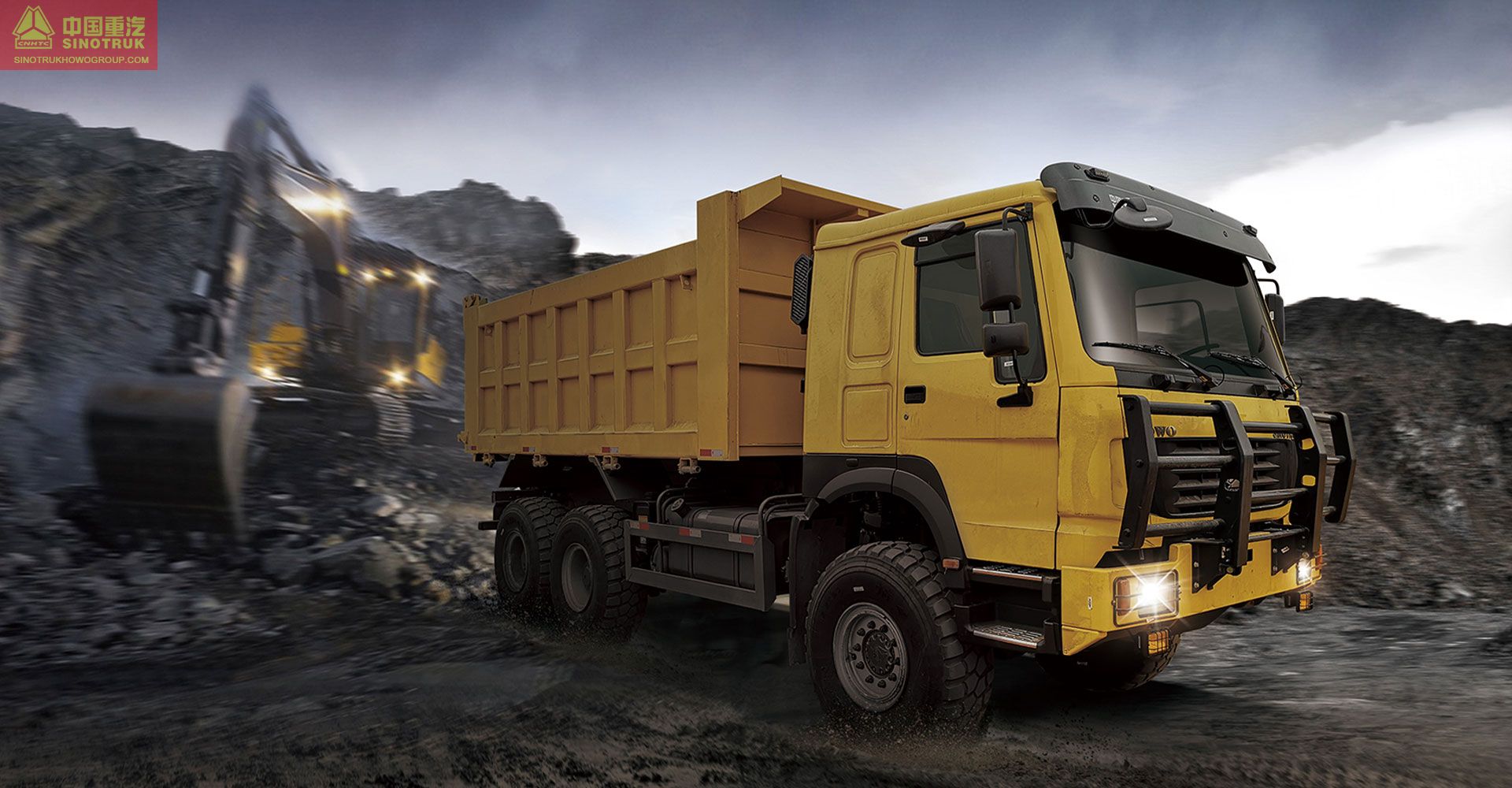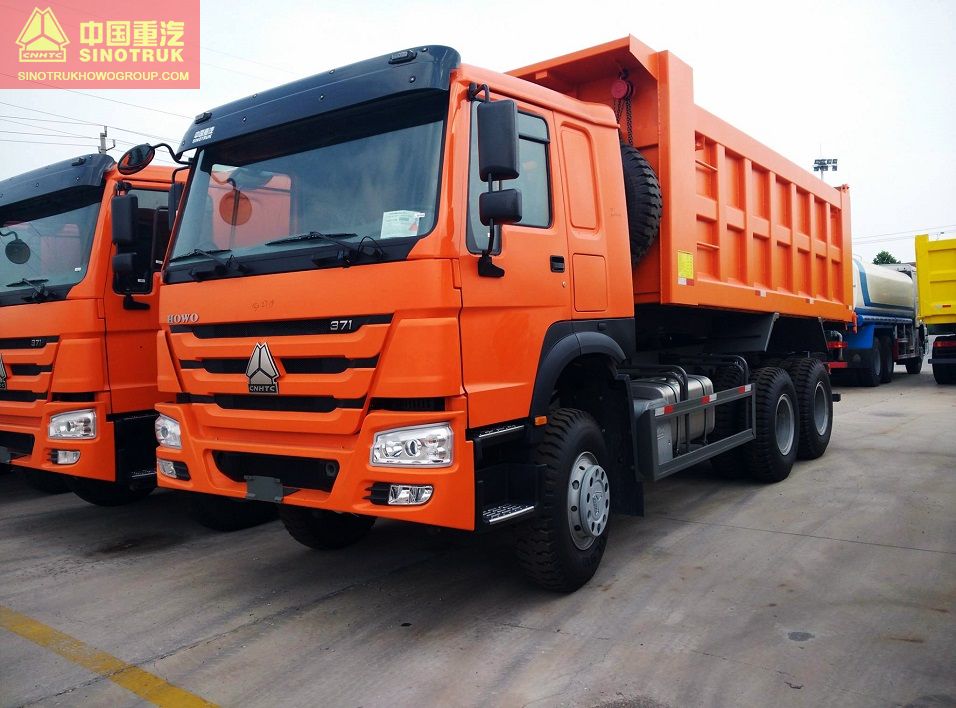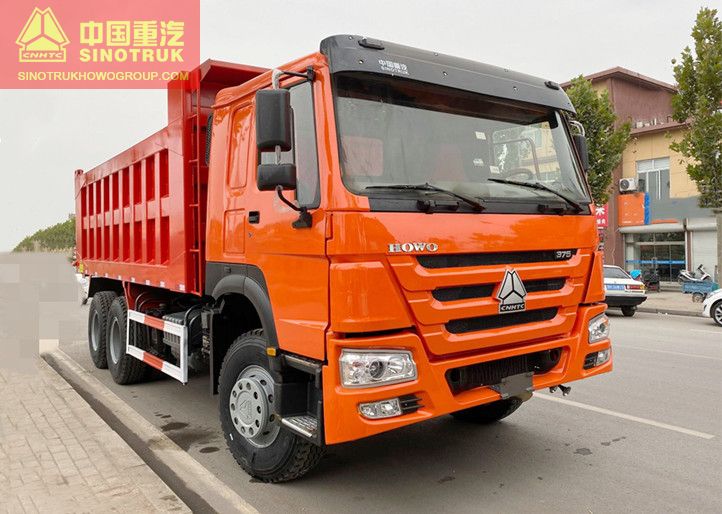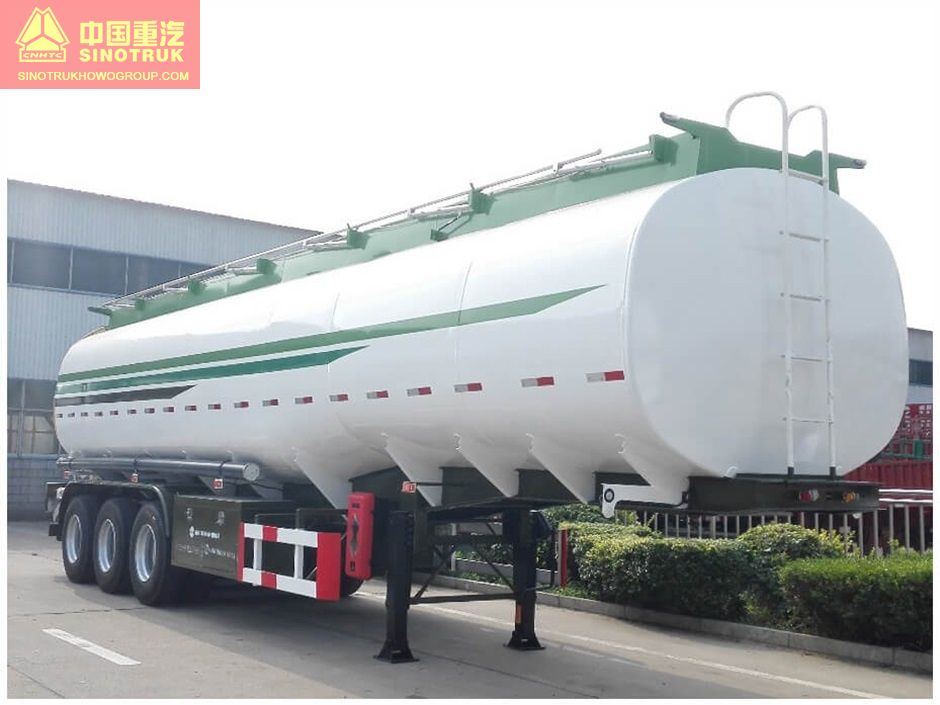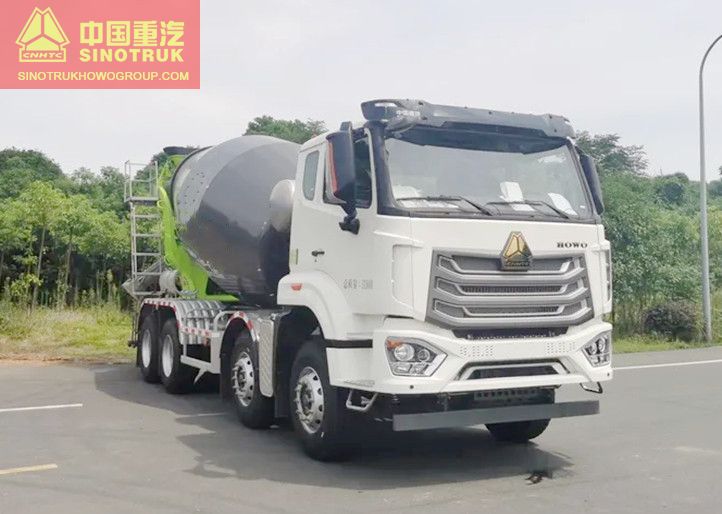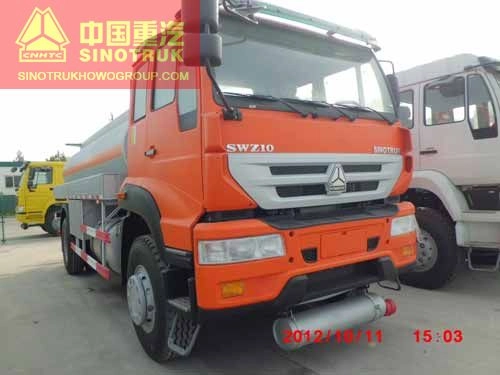fuel tank truck,fuel tank truck price
- Release time:05-06-2024
- Source:Sinotruk HOWO
Catalog overview:
Introduction to Fuel Tank Trucks: The Vital Link in Logistics

Fuel tank trucks, also known as tanker trucks or gas tankers, play a pivotal role in our daily lives, ensuring the seamless delivery of fuel to gas stations, industrial facilities, and remote locations. These specialized vehicles are designed to safely transport and distribute a variety of liquid fuels, including gasoline, diesel, and other petrochemicals. This article will delve into the intricacies of fuel tank trucks, their components, operation, safety considerations, and the future of this essential sector.
The Anatomy of a Fuel Tank Truck
A fuel tank truck is a complex machine, combining engineering prowess with safety features. The primary component is the tanker, a robust, cylindrical structure made of steel or aluminum, designed to withstand the pressures and hazards associated with transporting flammable liquids. The tanker is divided into compartments, each with its own valve system for precise control of the fuel flow. The truck's undercarriage is strengthened to support the weight of the loaded fuel, and the chassis is equipped with a pumping system and hoses for offloading.
Operation and Safety Measures
Operating a fuel tank truck requires specialized training and strict adherence to safety protocols. Drivers must be certified in hazardous materials transportation and be well-versed in emergency procedures. The truck is equipped with safety features like spill containment systems, fire suppression equipment, and grounding chains to minimize static electricity. Regular inspections and maintenance are crucial to ensure the truck's integrity and prevent accidents.
The Role in Logistics and Infrastructure
Fuel tank trucks are an indispensable part of the global supply chain. They ensure a steady supply of fuel to power our vehicles, homes, and industries. In remote areas or disaster situations, these trucks become lifelines, delivering fuel where pipelines and other infrastructure are unavailable or compromised. They also play a significant role in disaster response, providing emergency fuel for generators and rescue vehicles.
The Future of Fuel Tank Trucks: Embracing Technology and Sustainability
As the world shifts towards cleaner energy, fuel tank trucks are evolving too. Electric and hybrid models are being developed to reduce emissions, while advanced tracking systems and IoT technology enhance efficiency and safety. Alternative fuels like biodiesel and hydrogen are also being explored for transportation, potentially transforming the tanker truck landscape.
The Indispensable Fuel Tank Truck
fuel tank trucks are more than just vehicles; they are critical links in our energy infrastructure. From their robust design to their role in logistics and the ongoing technological advancements, these trucks are constantly adapting to meet the changing needs of society. Despite the challenges, the future of fuel tank trucks looks bright, as they continue to play a vital role in powering our world, safely and efficiently.
fuel tank truck 20m3
The Significance of a 20m3 Fuel Tank Truck: A Comprehensive Overview

In the realm of transportation and logistics, a 20 cubic meter (m3) fuel tank truck plays a pivotal role in ensuring the efficient delivery of fuel to various industries and remote locations. This powerful vehicle is specifically designed to carry, store, and distribute large quantities of fuel, making it an indispensable asset for businesses that rely on a steady supply of diesel, gasoline, or other petroleum products.
Key Features and Specifications
A 20m3 fuel tank truck typically features a robust chassis, capable of withstanding the weight of the large fuel tank and the demands of long-distance transportation. The tank itself is made from high-quality materials, such as stainless steel or coated carbon steel, ensuring durability and resistance to corrosion. The tank's capacity, as the name suggests, is 20 cubic meters, which equates to approximately 15,000 liters of fuel, providing ample storage for a single trip.
Advanced Safety Measures
Safety is paramount in the operation of a fuel tank truck. These vehicles are equipped with advanced safety features, such as pressure relief valves, emergency shut-off systems, and grounding chains, to prevent accidents and minimize the risk of fuel leaks or spills. The tank is also designed with baffles to reduce sloshing and maintain stability during transit.
Efficient Loading and Unloading
The truck's loading and unloading process is streamlined with modern equipment, such as a high-pressure fuel pump, automatic nozzle, and an accurate flow meter. This ensures a smooth and controlled transfer of fuel, reducing the likelihood of spillage and saving time for the driver.
Real-life Applications and Case Studies
A 20m3 fuel tank truck is widely utilized in sectors like construction, mining, agriculture, and power generation. For instance, in remote construction sites, these trucks provide a reliable supply of diesel for heavy machinery. In the agricultural industry, they ensure farmers have the fuel needed to operate their equipment. A case study in Australia showed a significant increase in productivity and cost savings for a mining company after incorporating a fleet of 20m3 fuel tank trucks into their operations.
A Vital Link in the Supply Chain
a 20m3 fuel tank truck is a critical component in the complex network of fuel distribution. Its large capacity, robust design, safety features, and efficient loading and unloading capabilities make it an indispensable tool for businesses that rely on a dependable fuel supply. As the world continues to depend on fossil fuels, these trucks will remain a cornerstone of the logistics industry, ensuring that essential energy reaches the places it's needed most.
fuel tank truck price
Understanding the World of Fuel Tank Trucks: A Comprehensive Guide
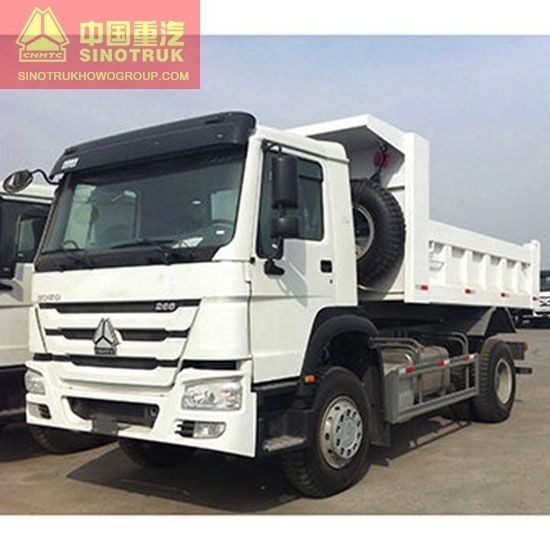
Fuel tank trucks, also known as tanker trucks or gas trucks, play a crucial role in the transportation and distribution of liquid fuels, such as gasoline, diesel, and other petroleum products. These specialized vehicles are designed to safely and efficiently carry large volumes of fuel, making them indispensable in the energy sector. This article will delve into the factors that influence the price of fuel tank trucks, their key features, and the considerations when purchasing one.
1. Factors Affecting Fuel Tank Truck Prices
The price of a fuel tank truck is determined by several key factors, including:
- Capacity: The size of the tank, measured in gallons or liters, directly impacts the price. Larger tanks require more materials and engineering, thus increasing the cost.
- Equipment: Advanced features like automatic tank gauging systems, safety valves, and spill containment systems can add to the overall price.
- Brand and Quality: Renowned manufacturers often charge a premium for their reliable and high-quality products.
- Market Conditions: Supply and demand, as well as economic fluctuations, can influence the pricing of both new and used tank trucks.
2. Key Features of Fuel Tank Trucks
Fuel tank trucks are equipped with specialized features to ensure safe and efficient fuel transportation. Some notable features include:
- Corrosion-resistant tanks: Made from materials like stainless steel or aluminum to withstand the corrosive nature of fuel.
- Pump and Dispensing Systems: These allow for on-site fuel delivery, saving time and effort.
- Insulation: To maintain fuel temperature and prevent evaporation.
- Chassis and Suspension: Designed to handle heavy loads and rough terrains.
3. Case Study: Buying a Fuel Tank Truck
When purchasing a fuel tank truck, it's essential to consider your specific needs. For instance, a small fleet operator might opt for a smaller, more cost-effective model, while a large-scale distributor may require a high-capacity tanker. A real-life example is XYZ Corporation, which, after assessing their daily fuel delivery requirements, chose a mid-sized fuel tank truck with advanced safety features, ensuring both efficiency and compliance with industry standards.
4. Maintenance and Cost-Effectiveness
Regular maintenance is crucial for maximizing the lifespan and efficiency of fuel tank trucks. Proper care can prevent costly repairs and ensure compliance with safety regulations. Operators should factor in maintenance costs when budgeting for a fuel tank truck.
Making Informed Decisions in the Fuel Tank Truck Market
Understanding the factors that impact fuel tank truck prices and their key features is essential for making a well-informed purchase. By considering your specific needs, evaluating market conditions, and factoring in maintenance costs, you can find the right fuel tank truck that balances functionality, reliability, and cost-effectiveness. Remember, investing in a quality fuel tank truck is an investment in the smooth operation and growth of your business.

